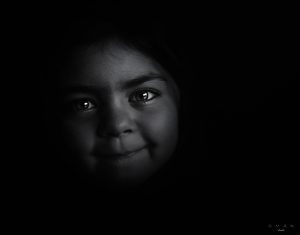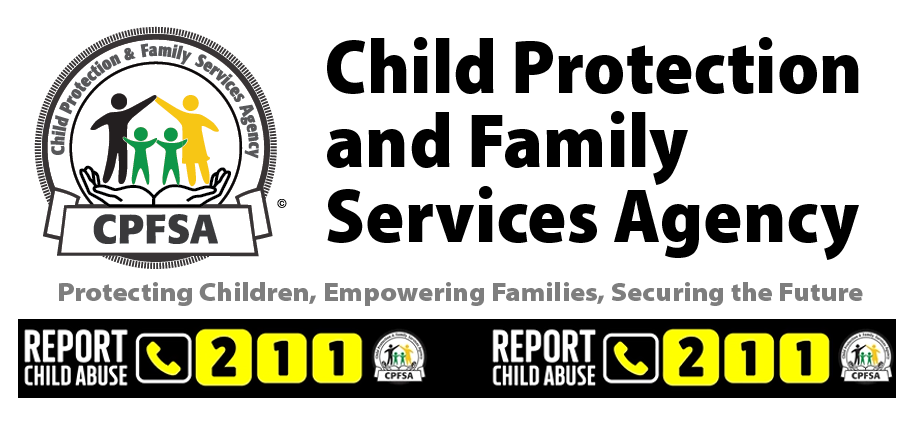
There are a range of ways in which citizens can give of their time and resources to make a difference.
Donations
Donations can be made in cash or kind towards:
- Covering medical expenses for children with illnesses such as Cerebral Palsy, Attention Deficit and Hyperactivity Disorder (ADHD) and Downs Syndrome.
- Donating useable clothing, shoes, books and other supplies to children in State care.
- Refurbishing or upgrading residential child care facilities.
- Establishing Child Assessment & Treatment Centres to provide diversified services such as medical treatment, social intervention, guidance, and psychological support for victims of child abuse.
- Assisting children who are leaving State care with independent living.
- The start-up of sustainable Food Self-sufficiency Programmes in residential child care facilities and the expansion of existing ones.
Gifts
Organizations and individuals may consider:
- Memorial Gifts
Honour the memory of a special person by investing in the future of a child in State care. This can either be done by:
- Establishing a trust fund, which the child can access on matriculation into a tertiary institution
- Establishing a welfare fund/account in which periodic deposits can be made to offset some of the child’s expenses.
- Planned Gifts
Individuals, who do not wish to give money, may consider the option of making donations in kind. This may include bequests of land or other estate, with specific instructions to the Agency on how they are to be utilized. - Wish Lists
Individuals can contact residential child care facilities to ask about their wishlists and to see how you can help in obtaining needed items.
Adopt-a-Home
This option allows corporate entities, non-government organisations, faith-based organisations and other interest groups to carry out projects including, but not limited to, physical infrastructure rehabilitation and expansion in selected residential child care facilities.
Surviving Independent Living Kit
Individuals, organisations and groups that have a desire to help young persons make a smooth transition out of the care of the State at the age of 18 years, may consider the Surviving Independent Living Kit (SILK). All young persons exiting care need the SILK in order to function normally in society. The award of a savings/bank account, which is part of the starter kit, to young persons, makes a most useful gift.
Sponsor a Child
CDA is aiming to commence its Sponsor a Child programme, which is designed for persons who wish to grant monetary support to individual children, over a set period of time. Persons will have the option to be a part of the child’s life, if they so desire.
Volunteer Opportunities
CDA encourages and embraces volunteerism as an avenue for making a marked difference in our children’s lives. Volunteers can contribute in a variety of ways:
Mentor
- Time commitment: 1-2 hours per week
- Requirements: Must be 21 or older*, submit birth certificate, valid identification, police record and two references. Must have an interest in at-risk youth, maintain appropriate boundaries with the children, commit to consistent visits, and attend volunteer orientation.
- Description: Provide one-on-one mentoring sessions weekly or biweekly to a child (6-17 years) living in a residential child care facility. Sessions may include activities such as reading, taking a walk, playing games, doing craft projects, etc.
Tutor
- Time commitment: 30-60 minutes per week
- Requirements: Must be 21 or older*, submit birth certificate, valid identification, police record and two references. Must have previous tutoring or teaching experience, maintain appropriate boundaries with the children, commit to consistent visits, and attend volunteer orientation.
- Description: Many children in State care struggle in traditional academic settings: tutors provide one-one-instruction and support. Tutors may work with students in a classroom setting or help with homework out of school hours. Tutors offering lessons in traditional subject areas, as well as non-traditional areas such as the visual and performing arts, foreign languages and sports are welcome.
Professional Services
There are many professional services that the CPFSA can utilize on a pro bono basis. The projects are diverse, ranging from those requiring only a single block of a few hours, with no further commitment, to those that are ongoing.
The following are some of the areas where professional help is needed:
· Dentists
· Psychologists
· Physicians
· Optometrists
· Landscapers
· Plumbers
· Pesticide/exterminator services
Work Experience & Job Placements
Employers that have an interest in helping young persons, who are preparing to leave State care, gain work experience, may consider offering job training and job placement assistance.
If your professional service is not listed above and you would like to volunteer in your area of work, become a mentor or a tutor, please contact:
Child Protection and Family Services Agency
Tel: 948-2841-2
Fax: 948-3498
E-mail: info@cda.gov.jm
